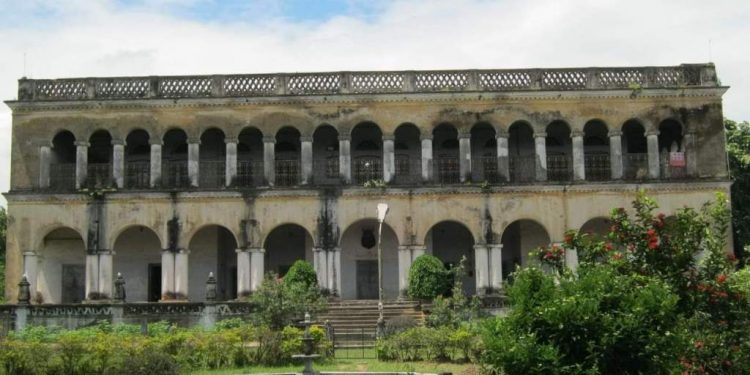The King of Talcher Kishor Chandra Dev took charge of developing his entire kingdom and bringing Talcher to the forefront back in 1891. His successor Pramod Chandra Deb went to Scotland after being awarded with the title ‘Dewan Bahadur’ by Lord Wavell, the Commander-in-Chief of the British Indian Army. As Deb returned, he realised that he had fallen in love with Scotland and its disarming beauty. He changed the name of his homeland to Scotlandpur
ANGUL: Odisha is a land of marvel and many experts have discovered its past glory in some way or the other. Meet heritage researcher Sarthak Pradhan who has recently found an interesting village in Angul named Scotlandpur.
Interacting with Orissa Post, he said, “There are so many heritage sites in the state and every place has its own glory. There’s actually a place in Odisha which is named after European country Scotland. There is a village named Scotlandpur in Angul. It is a small village with 20-30 families.”
Odia movie ‘Mamta Mage Mula’ was shot in this village in 1985. Talcher is the nearest town to it and is at a distance of 12 km from it. Local trains halt at a small railway station in the village. The palace of Scotlandpur is the only site worth visiting in this area. The name of the village is coined from the name of this palace.
The King of Talcher Kishor Chandra Dev took charge of developing his entire kingdom and bringing Talcher to the forefront back in 1891, and believed in the ideology of Muncipalities and Panchayat systems. Pramod Chandra Deb went to Scotland after being awarded with the title ‘Dewan Bahadur’ by Lord Wavell, the Commander-in-Chief of the British Indian Army.
As Deb returned, he realised that he had fallen in love with Scotland and its disarming beauty. He changed the name of his homeland to Scotlandpur. Many of the villagers also take pride in its name. The natural scenery surrounding the village is stunning and one simply has to visit the site to explore it all.
Ajit Nahak, a resident of the village, said, “We are living here since the past four generations. Our colleagues find the name of our village to be very intriguing when we send them letters. Although the name of our village is foreign, we celebrate each and every festival as Indians.”






































